SCIENCE DOMAIN
Megan Iskov
Science Instructional Leader
Our Science program is designed to foster an interest in science and a curiosity in the wider world. You will undertake study of the structure and behaviour of the physical, social, and natural worlds through observation and experimentation.
In the Middle School (Years 7 & 8) you will have the opportunity to develop ideas about science that relates to your life and living. Developing skills in observation, prediction, data recording and critical thinking.
During the Pathways (Years 9 & 10), students study science concepts associated with each of the disciplines: biology, physics, chemistry and earth science in self-selected and specific subjects, allowing further exploration of topics of interest.
The VCE program offers units in Physics, Chemistry, Biology, Psychology and Environmental Science. These courses recognise the sequential nature of knowledge in the field and enable the development of depth of understanding of key concepts, processes and contexts.
BioMed - Broken Bodies
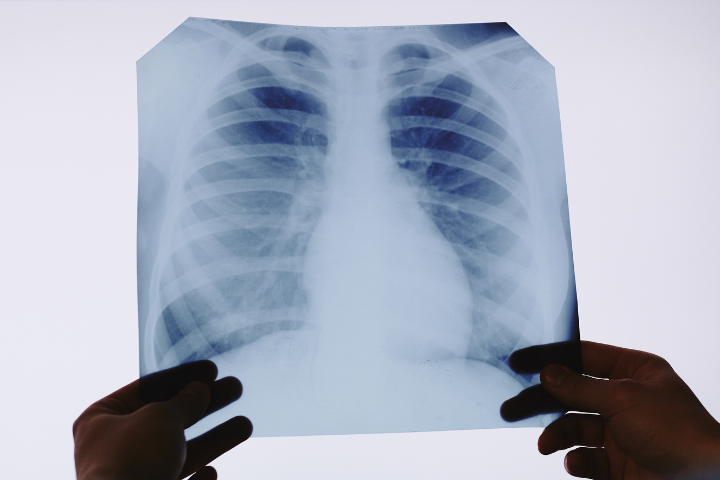
- How are “broken bodies” diagnosed and treated?
- Use health monitoring equipment, x-rays and scans to examine a variety of health conditions
- Conduct dissections to help you understand the biology of the human body
Subject Code: P3SBB
Year Level: 9 or 10
What will I learn?
Biomedical Science “Broken Bodies” will introduce you to the fundamental concepts associated with the main systems of the human body. You will investigate a variety of health conditions and then use this information to determine the symptoms of fictional patients. You will examine how lifestyle choices and medical treatments enhance an individual’s health.
What will I do?
- Undertake experiments to determine the characteristics and importance of water, carbohydrates, proteins and fats to healthy bodies
- Develop skills in microscopy and knowledge of cellular function
- Investigate the biology of the human body by conducting dissections and completing experiments related to bodily functions
- Analysis X-Rays and CT images to gain an appreciation of the role of physics in biomedicine
- Explore careers and possible future study pathways associated with healthcare, medicine and biology
Where can this take me?
VCE Subjects: VCE Biology, VCE Psychology, VET Health Services.
Careers/Jobs: Medicine and healthcare, allied health, medical research, nuclear medicine, biotechnology, pharmacy, dietetics.
Duration:
1 semester.
BioMed - Disease and Diagnosis
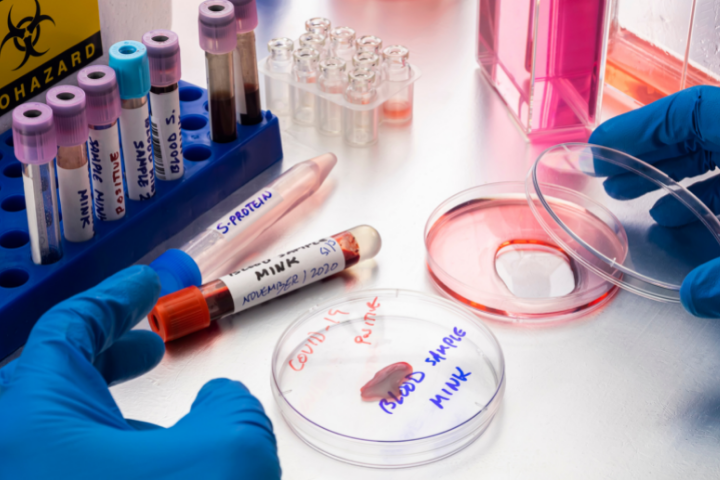
- What exactly is a pathogen?
- Investigate the role and action of medicines including antibiotics and vaccinations
- Look at how genetic diseases pass from one generation to the next
Subject Code: P3SBD
Year Level: 9 or 10
What will I learn?
In Biomedical Science Disease and Diagnosis you will learn about the variety of pathogens that have the potential to cause harm to the human body, how the immune system defends us from disease causing agents and how contagious and genetic diseases are identified, prevented and treated.
What will I do?
- Conduct experiments that investigate the role of antibiotic properties of a variety of substances and their impact of bacterial growth
- Analyse the three lines of defence of the human immune response
- Explore a variety of genetic disease, how they are diagnosed and how they are managed/treated
- Analyse genetic information of fictional patients, predict likely outcomes and participate in simulated genetic counselling sessions
- Explore careers and potential future study pathways associated with healthcare, medicine and biology
Where can this take me?
VCE Subjects: VCE Biology, VCE Psychology.
Careers/Jobs: Medicine and healthcare, allied health, medical research, nuclear medicine, biotechnology, pharmacy, dietetics.
Duration:
1 semester.
Ecology and Environment
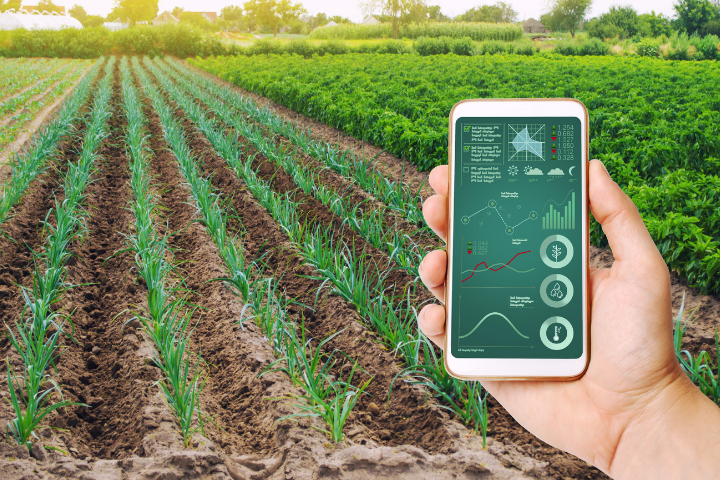
- Collect and analyse data on field trips to determine environmental health of specific habitats
- Study significant ecosystems such as Great Barrier Reef and the Murray Darling Basin
- Explore issues that threaten local, national and international ecosystems
Subject Code: P3SEE
Year Level: 9 or 10
What will I learn?
You will investigate many key aspects of ecology by exploring marine, freshwater and terrestrial ecosystems in detail. You will investigate the variety of life found in each habitat and explore the processes that shape each ecosystem. By collecting data, you will develop skills in analysing information, making informed and considered predictions and arrive at conclusions about the health of particular ecosystems.
What will I do?
- Participate in excursions to collect data on the health of local waterways
- Observe and record the distribution and abundance of local wildlife
- Investigate the variety of living things found within marine habitats
- Learn and practise sampling techniques used by scientists studying terrestrial ecosystems
- Research and make recommendations regarding threatening process of local, national or global significance
Where can this take me?
VCE Subjects: VCE Environmental Science, VCE Biology.
Careers/Jobs: biologist, natural resource manager, environmental health officer, water scientist, research scientist, conservation officer, Landcare worker.
Duration:
1 semester.
Electrochemistry
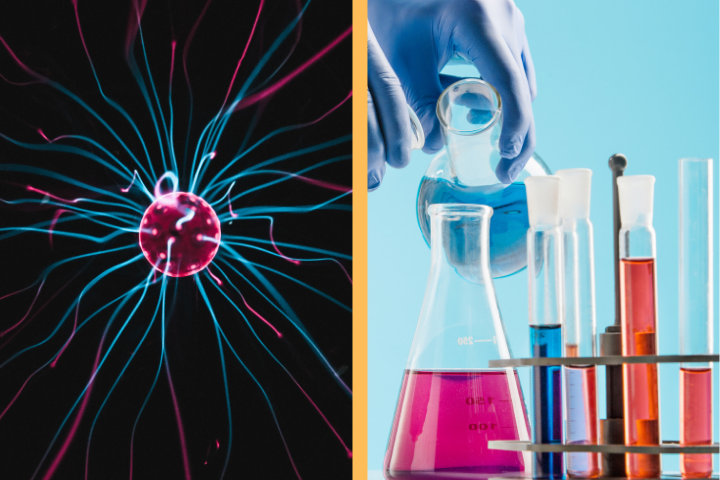
- Explain phenomena such as electrical conductivity and nuclear reactions
- Investigate the way physics has a positive impact on our daily lives but can also lead to potential risks
- Expand your knowledge and interest in chemistry and physics
Subject Code: P3SEC
Year Level: 9 or 10
It is strongly encouraged that students take Our Chemical and Physical World BEFORE studying Electrochemistry.
What will I learn?
Electrochemistry furthers your interest in Chemistry and Physics and builds upon the skills and knowledge gained in Our Chemical and Physical World.
You will analyse the behaviour of atoms and molecules and relate atomic theory to real world observations and experiences. Investigations of chemical reactions include: combustion, activity of metals, acid/base and biochemical reactions. By investigating electrical circuits and the interaction of magnets you will discover how household appliances work, how electricity is generated and apply this knowledge to motors.
A substantial part of this subject will involve the study of the science of nuclear reactions (nuclear powered electricity generators and thermonuclear weapons) and their associated risks and environmental issues.
What will I do?
- Perform experiments that measure rates of reactions and investigate factors that can affect them
- Explore electrical circuits and the way they are used in our modern world
- Discover the science of nuclear reactions (nuclear powered electricity generators and thermonuclear weapons), their associated risks and environmental issues
Where can this take me?
VCE Subjects: VCE Chemistry, VCE Physics.
Careers/Jobs: chemical engineer, pharmacologist, materials scientist, pharmacologist, toxicologist, environmental chemist, design engineer, software developer, systems analyst, clinical scientist, electrical engineer/technician, nuclear physicist.
Duration:
1 semester.
Everyday Science
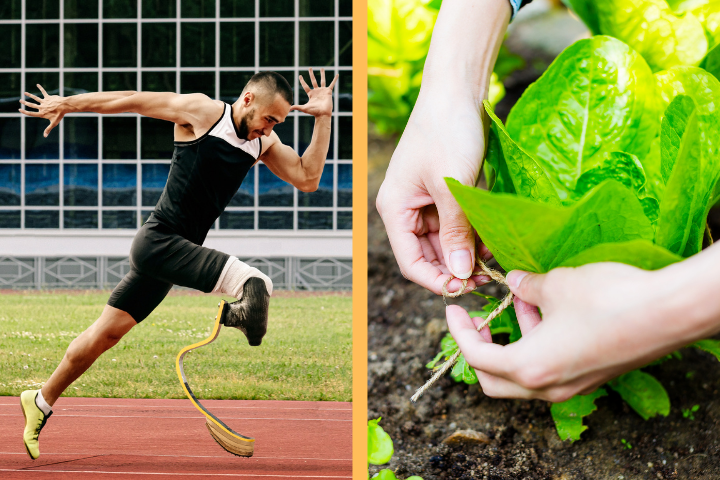
- Discover how science influences our everyday life
- Develop skills in scientific thinking and investigation
- Apply scientific knowledge to situations that are relevant and interesting
Subject Code: P3SED
Year Level: 9 or 10
What will I learn?
Everyday Science gives you a well-rounded understanding of how Science fits into our world. We investigate key concepts and conduct experiments that test theories, solve problems and help us discover more about the world in which we live. Topics covered include: Consumer Science (The Scientific method), Motion and Forces (Physics), Acids in our Lives (Chemistry) and Adaptations (Biology).
What will I do?
- Design and conduct experiments that use the scientific method to accurately collect data and make conclusions
- Design, build and test models that demonstrate scientific principles such as motion, friction, and aerodynamics
- Explore the characteristics of animals and animals that assist their survival
- Participate in class demonstration that explain the nature of common materials and chemical reactions
Duration:
1 semester.
Introduction to Psychology
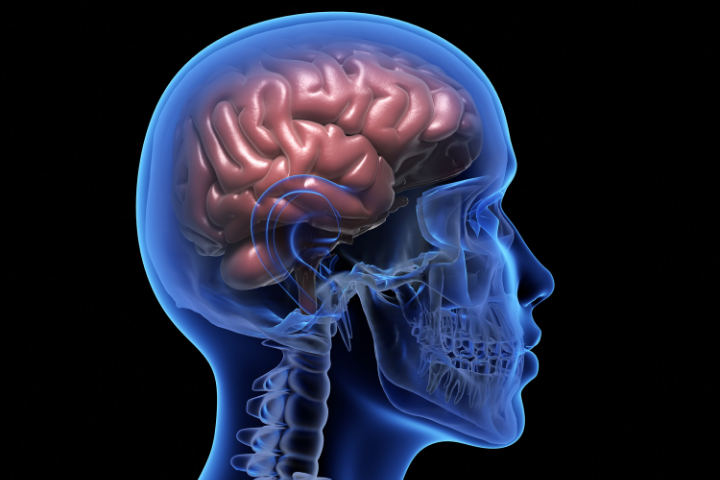
- Study the mind, brain, and nervous systems
- Discover how psychology influences health and well-being, learning and motivation, and advertising and persuasion
- Design, conduct and analyse experiments using rigorous scientific and psychological methods and procedures
Subject Code: P3SPS
Year Level: 9 or 10
What will I learn?
Key aspects of this subject include investigating how the nervous system works to receive information from the outside world and coordinate a response. You will study human relationships, attraction, body language, body image and the nature of sleep and dreaming. You will investigate how magicians and performers use psychology to entertain, misdirect and create illusions, as well as the art of persuasion in advertising.
What will I do?
- Design, carry out and participate physiological experiments using rigorous scientific design principles
- Investigate techniques used by athletes to prepare themselves mentally and give themselves “the edge” over competitors
- Explore elements of what constitutes a healthy mind-set and healthy relationships
- Test the “secrets” of entertainers who use misdirection, suggestion and perception to create magical illusions
Where can this take me?
VCE Subjects: VCE Psychology.
Careers/Jobs: clinical psychologist, counsellor, human resources specialist, organisational psychologist, research psychologist, social worker, educational and developmental psychologist.
Duration:
1 semester.
Origins - Universe Planet Life
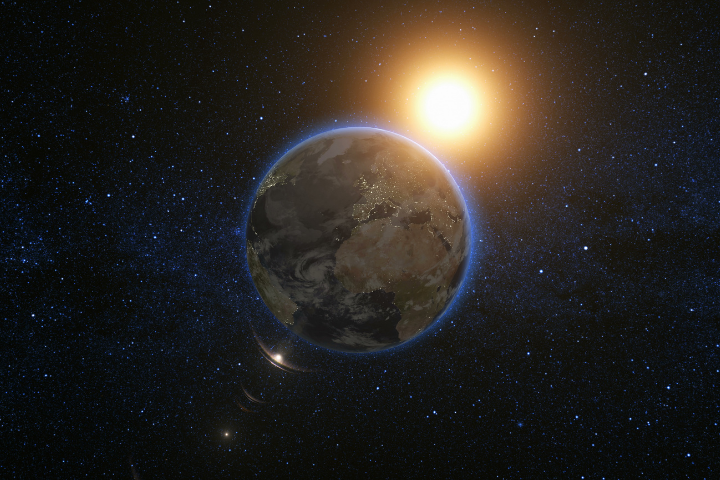
- Ponder the theory of how the universe was created
- Investigate the characteristics and properties of other planets, stars and galaxies
- Study fossils to explore how the earth and humans have evolved over time
Subject Code: P3SOR
Year Level: 9 or 10
What will I learn?
Retrace the history of humankind and our universe using key knowledge drawn from astrophysics, biology and geology, you will investigate the evolution, the formation of galaxies, stars and our solar system. You will explore how plate tectonics have shaped the planet and the role of natural selection in shaping life.
What will I do?
- Carry out experiments relating to the formation and evolution of the universe
- Critically analyse evidence that supports significant theories such the Big Bang Theory, Plate Tectonics and the theory of Evolution
- Interpret fossil records to help you analyse and evaluate the theory of evolution
Where can this take me?
VCE Subjects: VCE Biology, VCE Environmental Science, VCE Physics.
Careers/Jobs: astronomer, environmental engineer, astrobiologist, geochemist, natural resource manager, palaeontologist, mining engineer, atmospheric physicist.
Duration:
1 semester.
Our Chemical and Physical World
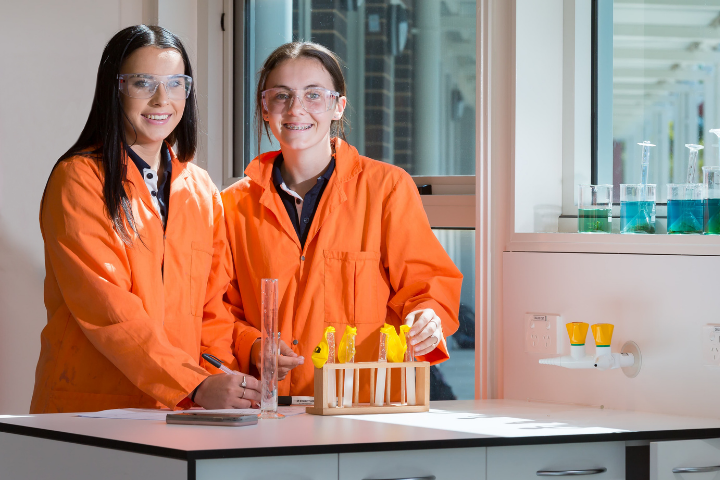
- Learn about atomic theory, the periodic table and how chemical reactions influence our daily lives
- Conduct experiments that demonstrate fundamental chemical principles
- Analyse how physics influences our lives in terms of motion, forces and momentum
Subject Code: P3SCP
Year Level: 9 or 10
It is strongly encouraged that students take Our Chemical and Physical World BEFORE studying Electrochemistry.
What will I learn?
Our Chemical and Physical World is designed to give you a comprehensive understanding of the fundamental principles that govern the chemical and the physical world around us.
During the Chemistry study you will explore a range of different chemical reactions, rates of chemical reactions through practical and theory sessions and analyse modern materials. The Physics component allows us to participate in investigations that explore elementary concepts of motion and apply these to car crashes and the motion of ballistics and projectiles.
What will I do?
- Design and conduct experiments that test the properties of modern materials
- Investigate circumstances that influences that rate at which chemical reactions proceed
- Analyse data relating to moving objects and make predictions based on observations and theoretical knowledge
Where can this take me?
VCE Subjects: VCE Chemistry, VCE Environmental Science, VCE Physics.
Careers/Jobs: chemical engineer, pharmacologist, materials scientist, pharmacologist, toxicologist, environmental chemist, design engineer, software developer, systems analyst, clinical scientist, physicist, mechanical engineer.
Duration:
1 semester.
Physics of Sport
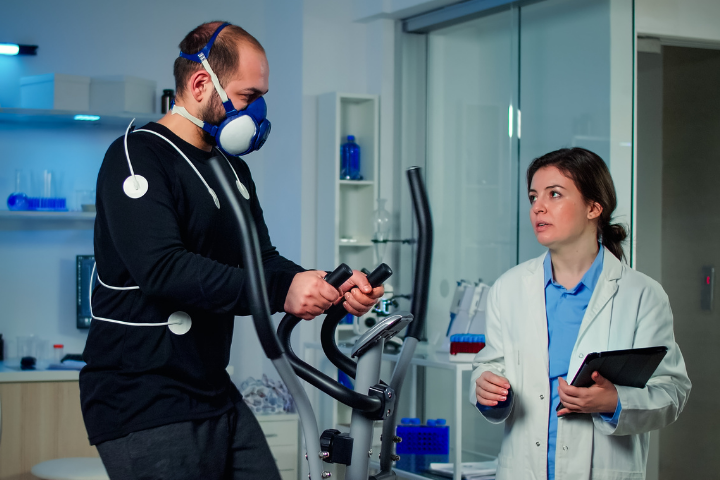
- Analyse how forces influence sporting performance
- Conduct experiments that investigate how the body and throwing objects move
- Explore the human body and how its systems work together to allow participation in sport
Subject Code: P3SSP
Year Level: 9 or 10
What will I learn?
How can athletes throw further or jump higher? How do race car drivers and cyclists increase accelerations and reduce friction? Throughout the Science of Sport subject, you will analyse the force, energy and motion of the human body and use principles and laws of physics to collect data and analyse results.
Key topics will be covered using the context of sports such as team sports, motor sport, cycling and water sports. We study systems of the human body to understand how the muscular, skeletal and cardiovascular systems work together to give athletes the best chance of success.
What will I do?
- Investigate the role of friction, aerodynamic and forces in sport
- Design and carry out scientific investigations that analyse factors that affect acceleration, velocity and aerodynamics
- Explore the respiratory, skeletal and circulatory systems and analysis how elements of these systems impact athletic performance
Where can this take me?
VCE Subjects: VCE Physics, VCE Physical Education, VET Health Services
Duration:
1 semester.
